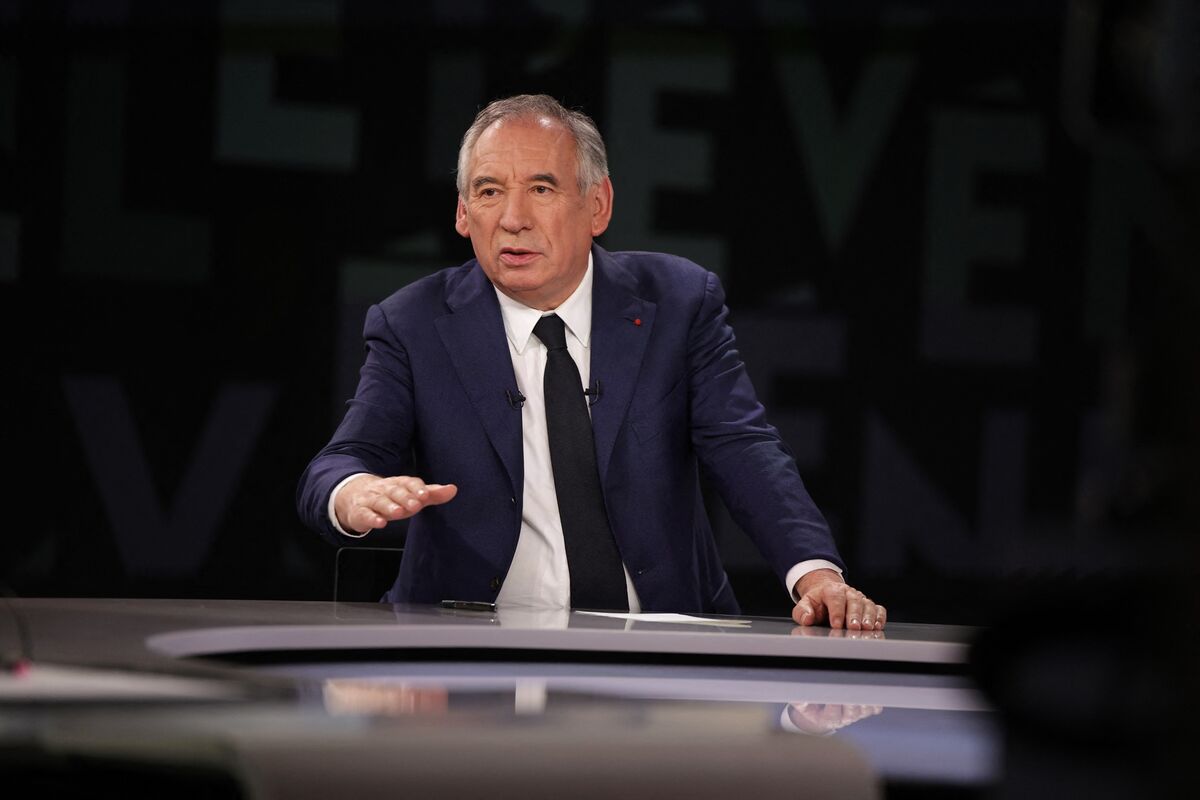Will doing the same thing perhaps yield a different result? Despite the conventionally accepted definition for such behavior, France’s new premier Francois Bayrou vowed to sharply narrow the nation’s deficit to close to 5% of GDP, threatening a repeat of the standoff which toppled the last government. Bayrou, who presented his new cabinet on Monday, will lay out a new policy agenda on Jan. 14 and has pledged to have a 2025 budget by mid-February. France has long been out of compliance with European Union rules that require member states’ debt to be below 60% of GDP and a deficit under 3%. Next year’s budget will need to chip away at France’s current deficit, which has ballooned to 6.1% of economic output. A fragmented National Assembly means the new government—made up mostly of centrists—will need to placate opposition lawmakers from across the political spectrum. And if the reception from the far-right (which with the help of the left pushed out Bayrou’s predecessor) is any sign, ending up with a deal will be at the end of a very tough road.
An Iranian oil tycoon who’s managed to quietly embed himself in the heart of the Western financial system is among a group of businessmen handling weapons deliveries across the Caspian Sea to Russia. Hossein Shamkhani, through a web of firms he oversees that include Dubai-based Crios Shipping, began moving missiles, drone components and dual-use goods across the Caspian Sea on at least two ships last year, according to more than a dozen US, UK and European officials as well as people with direct knowledge of his dealings. The transactions, which coincided with Russia using more Iranian weaponry in its war on Ukraine, represent another side of a sprawling global business network that’s enriched Shamkhani, whose father was Iran’s longest-tenured defense minister and remains a top adviser to Supreme Leader Ayatollah Ali Khamenei.
